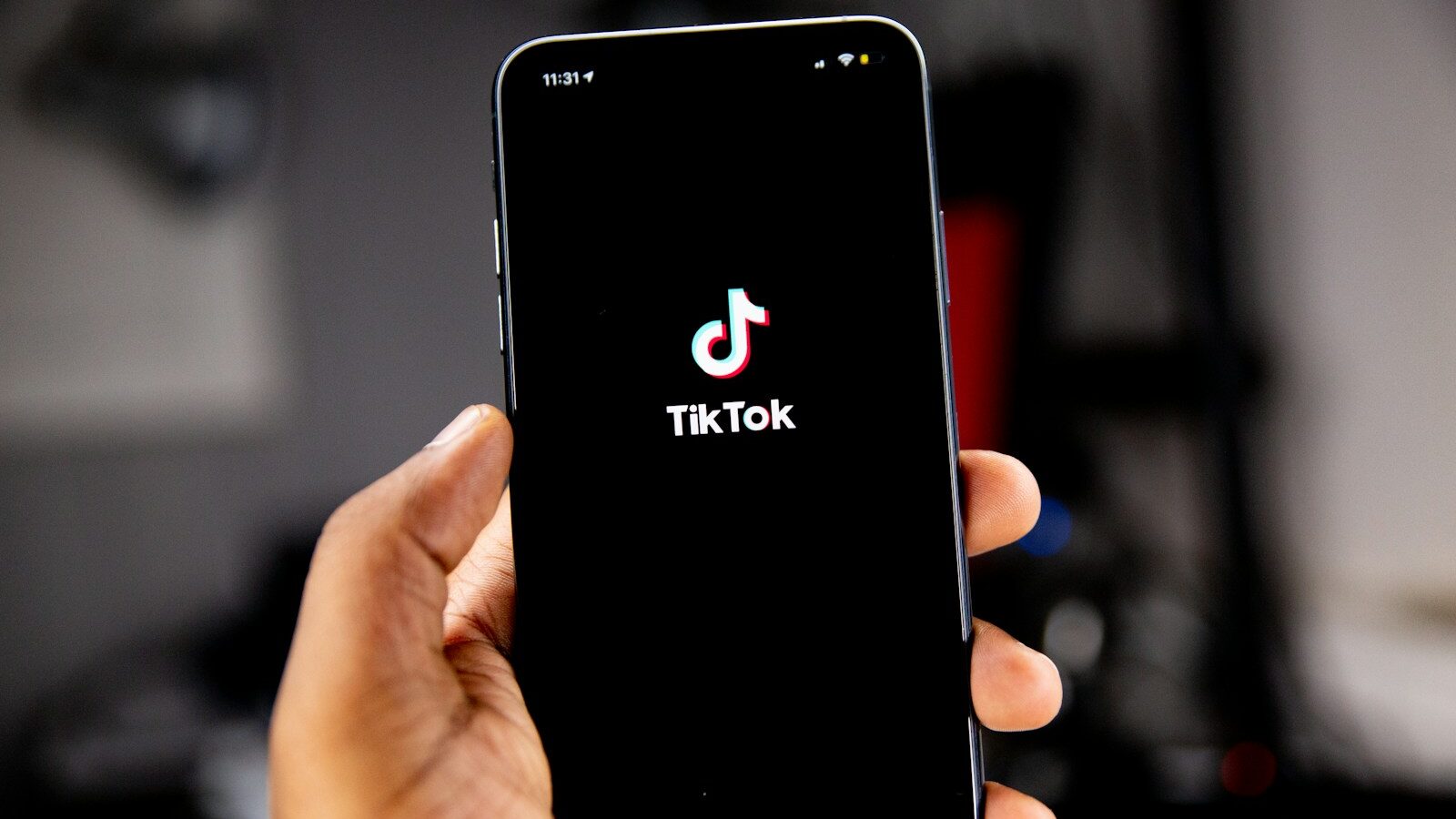More HR teams need to be taking a ‘public health’ approach – similar to that used by national governments – to understand and improve the health of their whole organisation. Traditionally, preventative healthcare and private health screening has been seen as a perk for senior executives only, with elements sometimes offered as part of the benefits package to others – such as help with eye tests and dental care.
But just as within the general population, good health across a company benefits everyone. What would it be like to live in a country where free, high quality preventative health services were only made available to an elite?
Employers that show an interest and provide support for improving everyone’s health can create a healthier community, with less absence and the disruption that this can cause throughout teams, enhanced employee engagement and a shared sense of wellbeing and success.
A lack of understanding is holding back wellbeing initiatives.
By analogy with national public health initiatives, assembling intelligence on the health of the whole workforce is the critical first step for employers. Rather than running generic wellbeing programmes it’s important to get the facts straight at the outset and not to simply assume that wellbeing just means diet and fitness.
By harnessing health checks for everyone you can get a picture of what’s required in each division or location and tailor the response appropriately. Stress might be the issue in head office, but within regional offices it may be obesity, alcohol, smoking or musculoskeletal problems.
A lack of understanding is holding back wellbeing initiatives.
We all get a strong sense that wellbeing is really important for productivity and performance, but how do we know? Quantify the impact of health initiatives and there’s a powerful basis for continuing and developing the good work that’s being done. And that means more than just tracking absence figures. The problem of presenteeism is much bigger – where people come to work but underperform because of illness or stress. The Sainsbury Centre for Mental Health estimated that the costs to employers due to presenteeism because of mental health problems to be around £605 per employee or £15.1 billion in 2007, almost twice the costs associated with absenteeism.
The Government’s Foresight Mental Capital and Wellbeing Project in 2008 [PDF] estimated the annual cost of presenteeism associated with mental health problems to be around £9.7 billion in the UK.
Wellbeing is fundamental – and it’s an easier win for employers compared with performance management or other technical changes. It works because both the employee and the company have a genuine shared interest, and people see and feel the benefits for themselves. So when workplace health initiatives are introduced, like on-site health checks, it can create a real buzz around a workplace.
Wellbeing is fundamental – and it’s an easier win for employers compared with performance management or other technical changes.
Staff feel valued and make the connection between their health and it’s importance to the firm. Employee pride, trust and commitment increase contributing to a vigorous organisation. According to the Harvard Business Review organisations with effective wellness programmes had greater staff retention. Participants in such programmes are also absent less often and perform better at work.
Last year the RAND corporation undertook a comprehensive review of the effectiveness of workplace wellness programmes. They identified significant and sustainable improvements in exercise frequency, smoking behaviour and weight control as a result of such initiatives. Moreover, organisation-wide approaches that promote improved mental health and reduced stress have been shown to be cost-effective in terms of reducing absenteeism, and improving retention and productivity. Based on an overview of twenty-two wellness programmes across a range of North American organisations it was found that absenteeism costs fell by $2.73 for every dollar spent.
In terms of what an organisation’s response might look like: obesity is a particular problem for many employers as it is associated with increased absenteeism, disability and injury. Obesity is also linked to many diseases such as high blood pressure, diabetes, heart disease, osteoarthritis and some cancers. An organisation having identified obesity as a public health priority – from a comprehensive on-site employee health check programme – can then develop a strategy incorporating initiatives of proven effectiveness:
- Policies and working practices: Ensure organisational policies facilitate activity and healthy eating – e.g. travel expenses should encourage walking and cycling to work and between work sites.
- Building design: Provide showers and secure cycle parking to encourage active travel. Improve stairwells to encourage use of stairs.
- Physical activity: Support out-of-hours activities such as lunchtime walks and the use of local leisure facilities (including contributions to gym membership).
- Workplace food provision: Actively promote healthy choices in restaurants, hospitality, vending machines and shops e.g. by using signs, posters, pricing and product positioning.
- Education and promotion: Provide weight management programmes and ongoing health checks/support – potentially during the course of the working day.
Wellbeing is too important to be associated with a narrow idea of ‘perks’. The public health approach changes the tone, putting more emphasis on wellbeing for all, being part of a community with a shared interest, and the kind of structure of support that means people are far more likely to keep to their healthy-living promises.








